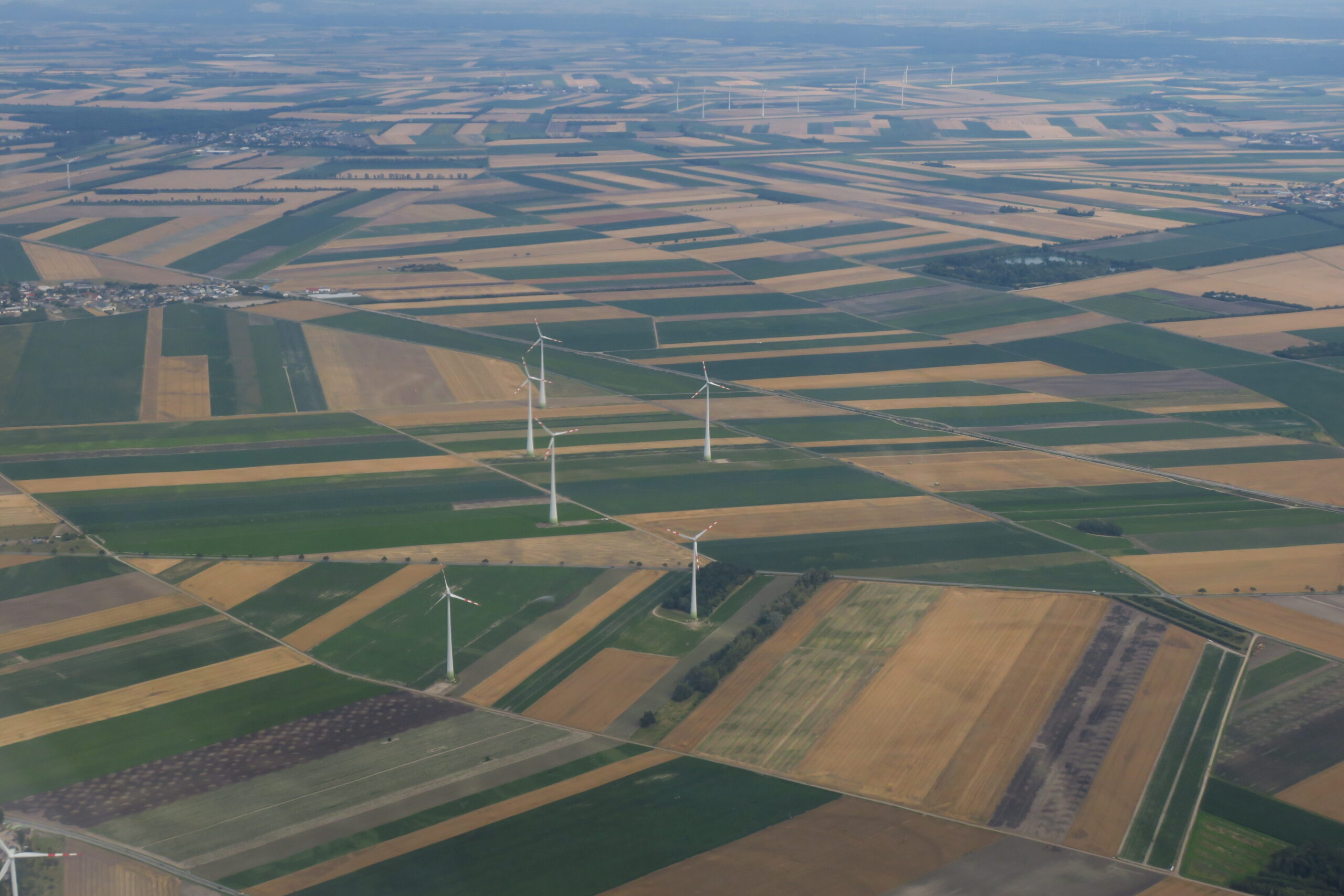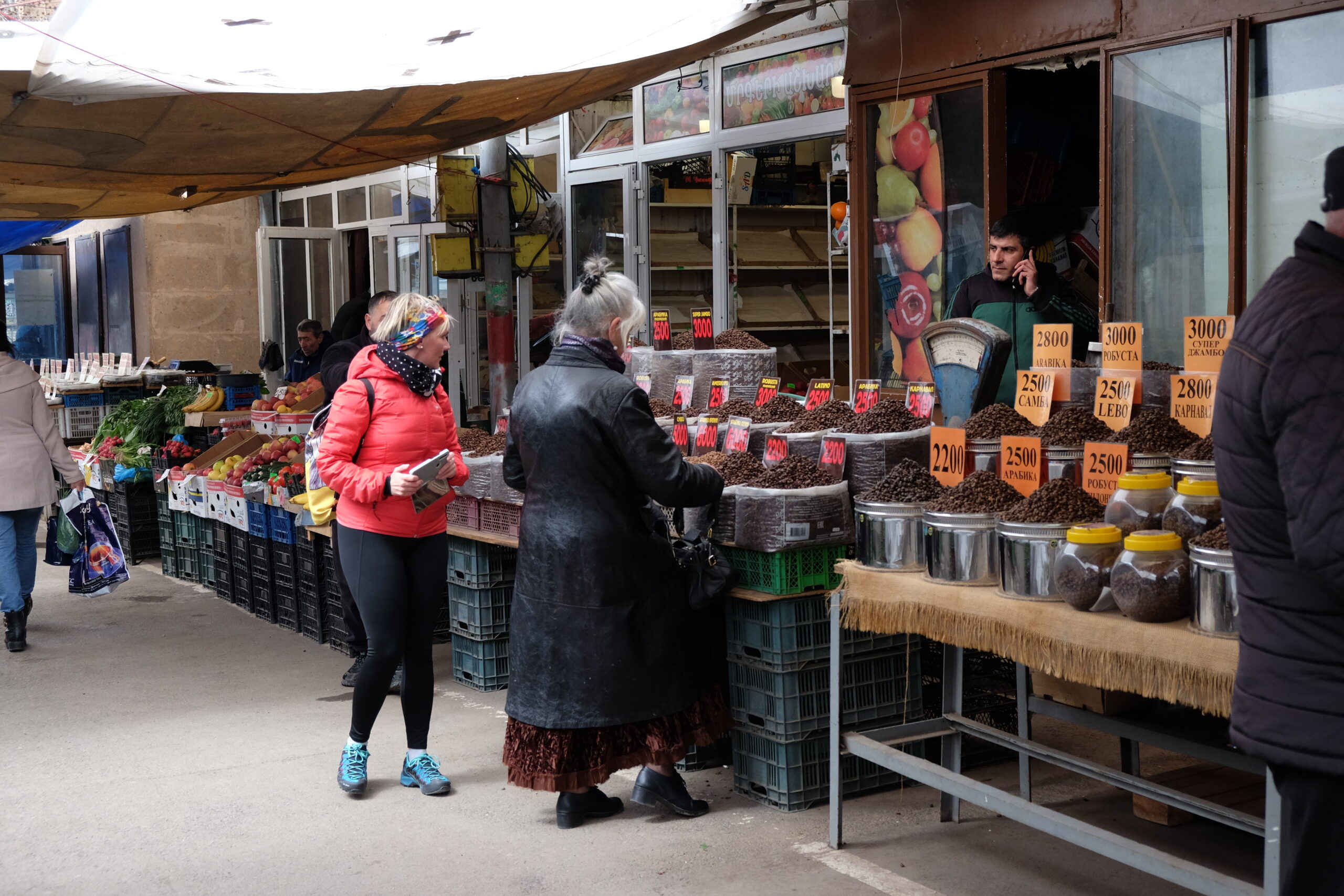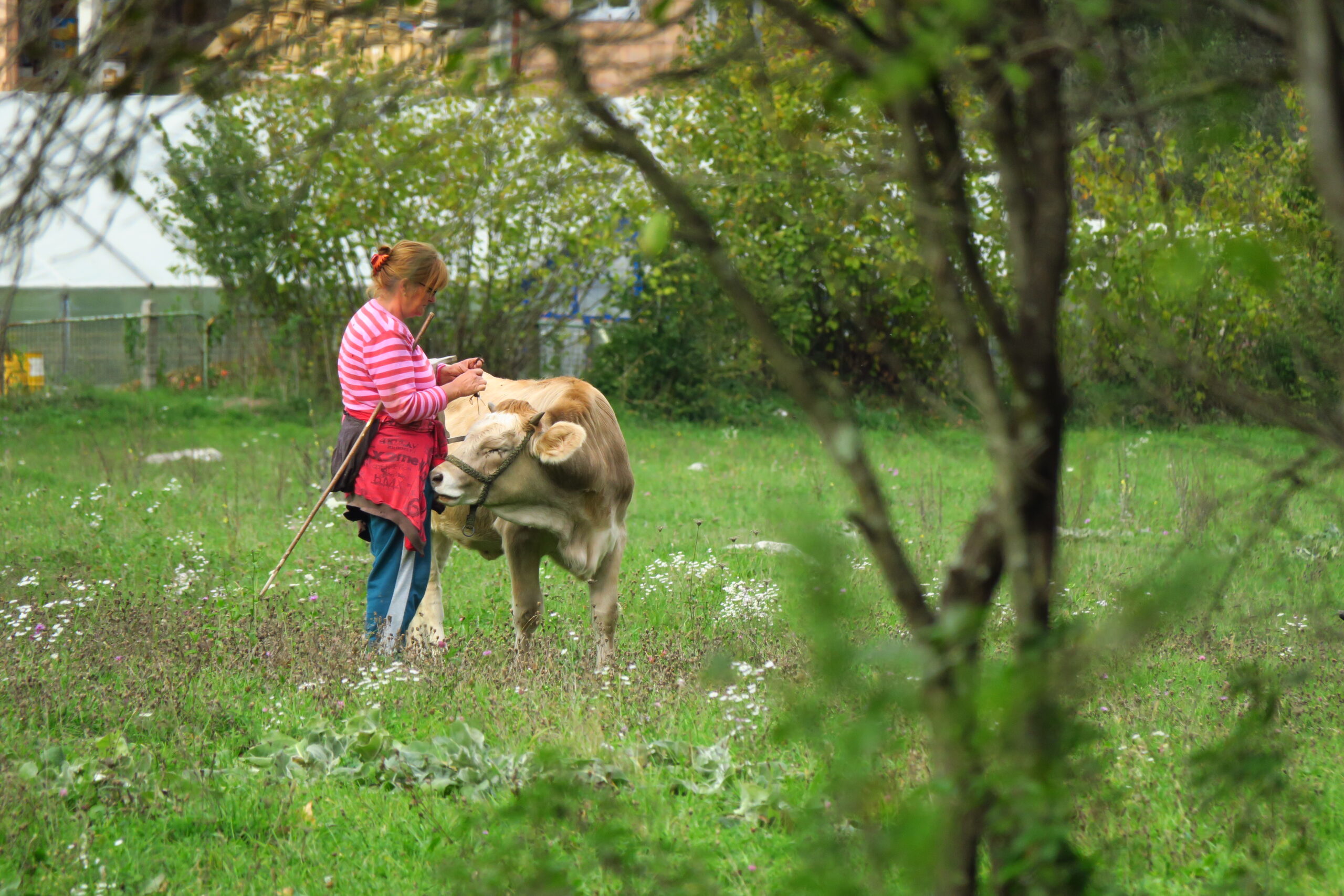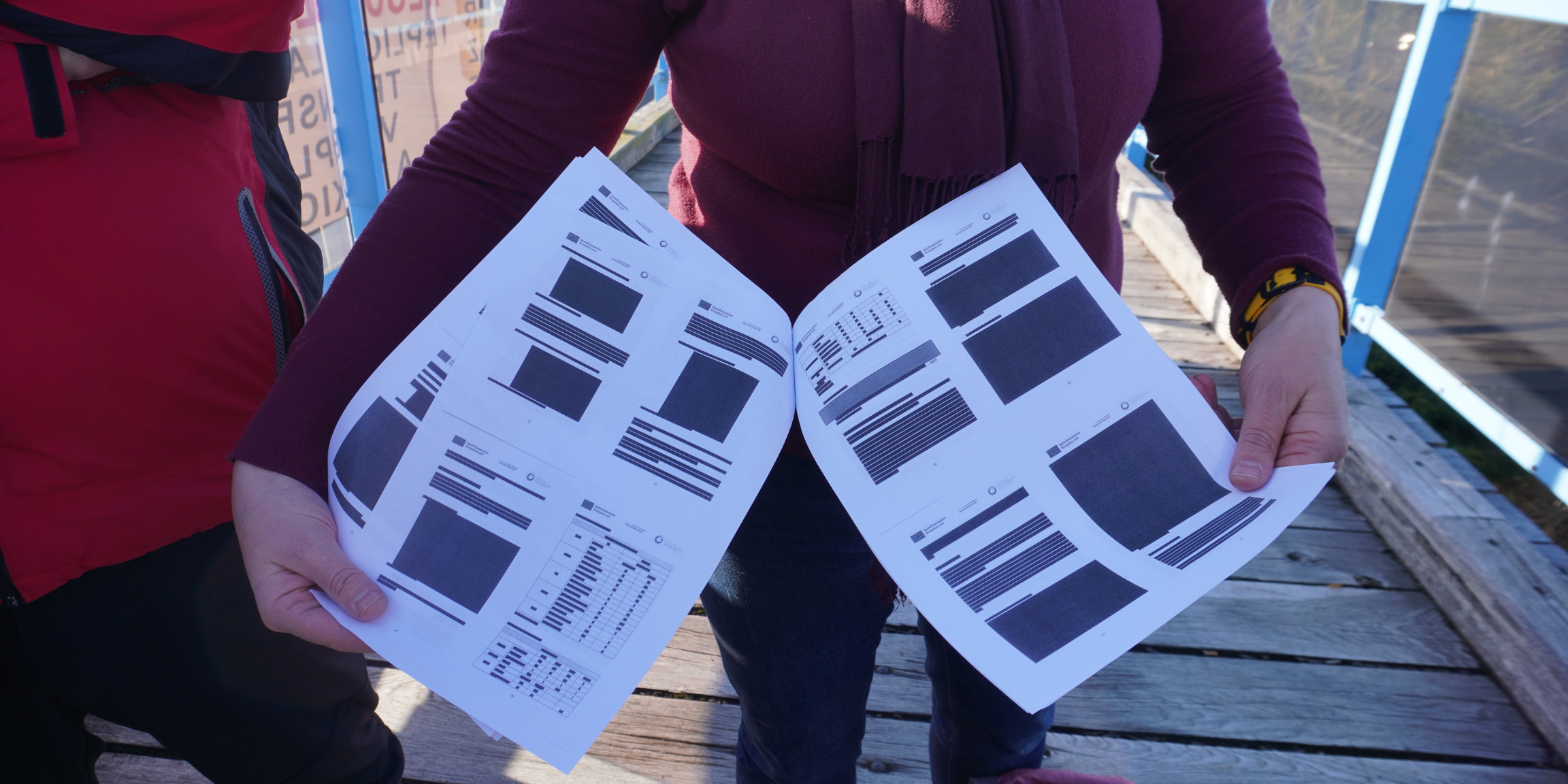EBRD Annual Meeting 2025
London, United Kingdom
From 13 to 15 May, the European Bank for Reconstruction and Development (EBRD) will hold its 34th Annual Meeting in London, United Kingdom.
Bankwatch and its civil society partners will once again use this yearly platform to highlight the social and environmental impacts of EBRD investments and policies, and to promote meaningful public participation and sustainable solutions that benefit people and the planet.
As the EBRD revises its approach to green economy transition, gender and inclusion strategies, and accountability policy, and expands its operations into sub-Saharan Africa and Iraq, we’ll be seizing this opportunity to provide much-needed feedback and highlight the persistent issues yet to be addressed in the EBRD’s countries of operation.
Green transition
The EBRD’s upcoming revision of its Green Economy Transition (GET) Approach—a key strategy guiding the Bank’s climate and environmental action—marks a pivotal moment. At this year’s Annual Meeting, we’ll be calling on the EBRD to strengthen its framework by integrating clear, science-based, sector-specific “do no significant harm” criteria and expanding the exclusion list to remove projects that pose substantial environmental risks and should not be classified as green, such as fossil fuels, waste incineration, and certain hydropower and bioenergy projects.
The EBRD’s review of its GET approach should help to build an increased consensus on what investments can be considered ‘green’. This issue paper presents the key points from our extensive comments submitted to the EBRD in early April 2025.

In late 2024, the EBRD adopted its new five-year Infrastructure Sector Strategy. This strategy represents a significant step towards sustainable urban transport investments and has the potential to drive systemic change and a paradigm shift in behaviour. However, it remains to be seen whether the implementation of the strategy will strike the much-needed balance between infrastructure investments and policy actions.
As the Western Balkans strive to decarbonise their energy systems, forest biomass is being increasingly promoted as a renewable solution, particularly for district heating. The review of the EBRD’s GET approach provides an opportunity to cease supporting primary forest biomass as a green energy source in the Western Balkans.
District heating is crucial to Ukraine’s energy infrastructure, providing essential heating and hot water to residential and commercial buildings. The European Bank for Reconstruction and Development (EBRD) is providing funding for many of these critical modernisation projects to reduce reliance on fossil-gas imports.
This briefing examines EBRD-financed district heating projects in Western Ukraine, particularly in Ternopil and Lutsk. We identify key challenges, including implementation delays, over-reliance on unsustainable biomass, and insufficient climate ambition. Based on these findings, we provide targeted recommendations for improving EBRD’s approach to district heating modernisation in Ukraine.
The European Bank for Reconstruction and Development (EBRD) claims to be a leader in championing climate finance. However, its USD 200 million investment in the 1,500-megawatt combined-cycle gas turbine power plant in the Syrdarya region of Uzbekistan exposes significant contradictions between the EBRD’s stated commitments and its actual financing decisions.
The EBRD’s support for this fossil-gas power plant not only locks Uzbekistan into long-term dependence on fossil fuel from Russia, but also casts doubt on the project’s claimed environmental benefits, which are difficult to prove.

Gender and inclusion
The alarming erosion of civic space in many EBRD countries is linked to a rise in hatred of gender, sexual, and ethnic minorities. International financial institutions like the EBRD are uniquely positioned to respond by safeguarding human rights in their projects and promoting inclusive development in their countries of operation.
With its gender and inclusion strategies set to be updated this year, we’re calling on the EBRD to actively prevent the exclusion of vulnerable groups from decision-making in development projects that affect their lives, and to fully integrate gender equality across its investment portfolio.
Despite their considerable influence, the world’s leading development banks lack robust systems to engage and protect civil society organisations, and often overlook how shrinking civic space undermines their efforts to achieve the UN’s Sustainable Development Goals.
This report reveals how development banks have failed to adequately protect civil society in the Caucasus, Western Balkans, and Central Asia, and also provides extensive recommendations on how international banks can defend civic space.
The EBRD has made strong commitments to gender equality and economic inclusion. However, civil society groups continue to express concerns about the lack of meaningful engagement with women, gender minorities and sexual minorities, as well as the failure to consider contextual risks and intersectional vulnerabilities. This issue paper presents three case studies from which the Bank could learn while revising its gender and inclusion strategy.
Accountability and impact
While the EBRD finances projects aimed at fostering sustainable development these very projects can have the opposite effect, causing harm to people and the environment. With the EBRD set to revise its Project Accountability Policy and begin publishing annual impact reports this year, there is a critical opportunity to emphasise the importance of access to remedy and civic and citizen engagement in decision-making as key indicators of genuine development and democratic transition.

Access to independent, effective, and safe accountability mechanisms should be a guiding principle of public development finance. In this report, we examine the alignment of the EBRD’s and EIB’s grievance mechanisms with the universal, widely accepted and comprehensive effectiveness criteria for the design and assessment of non-judicial complaints mechanisms set out in the UN Guiding Principles on Business and Human Rights, and provide a set of recommendations on how to strengthen the Bank’s accountability.
This report examines the EBRD’s policies and practices related to stakeholder engagement and its monitoring and reporting at the project, country, and institutional levels. It identifies gaps in transparency at the project level, consultations on country strategies, and institutional reporting. It also offers recommendations to strengthen the meaningful engagement of civil society and its role in the EBRD’s impact measurements, thereby better aligning the institution with its democratic mandate.
Ukraine’s largest poultry producer, Myronivsky Hliboproduct (MHP), has received over a billion dollars in loans from international development banks since 2010 and has significantly expanded its operations. Local communities and environmental advocates argue that the company has failed to adequately address concerns regarding its environmental impact. This analysis examines the environmental issues surrounding MHP’s Vinnytsia Poultry Farm and highlights a need for enhanced oversight of large agribusiness operations in Ukraine.
Partner's work
In this section, we display relevant materials, publications and case studies that have been prepared by our civil society partner organisations.
LATEST UPDATES

Monitoring what matters: Public participation as a systemic issue for the EBRD
Publication | 11 December, 2025Information on public participation practices reported by the EBRD is lacking. This briefing illustrates the importance of regular and effective monitoring of project-level participation to inform the EBRD’s corrective actions and enhance management strategies.
Read more

More than just a few bad apples: If public engagement matters, why isn’t the EBRD tracking it?
Story | 11 December, 2025Civil society organisations and accountability mechanisms have repeatedly highlighted EBRD-financed projects in which the people affected have been marginalised, consultations have been superficial, and grievances have been ignored. These are not isolated missteps or the work of a few bad apples, but rather recurring problems that result in serious harm to people and the environment. Our latest research identifies 38 such cases, raising a pressing question: How can the EBRD ensure meaningful public participation if it doesn’t identify and learn from its failures?
Read more

Replicability gone wrong: Demolition of cultural heritage and environmental risks at EBRD project in Kazakhstan
Blog entry | 8 December, 2025For years, concerns have been raised about the Almaty International Airport Extension Project which is being financed by the European Bank for Reconstruction and Development (EBRD). Locals question the inadequate protection of cultural heritage and a lack of public participation and access to information. To address this, a formal complaint was recently filed with the Independent Project Accountability Mechanism (IPAM), and the outcome of a compliance review is pending.
Read more
